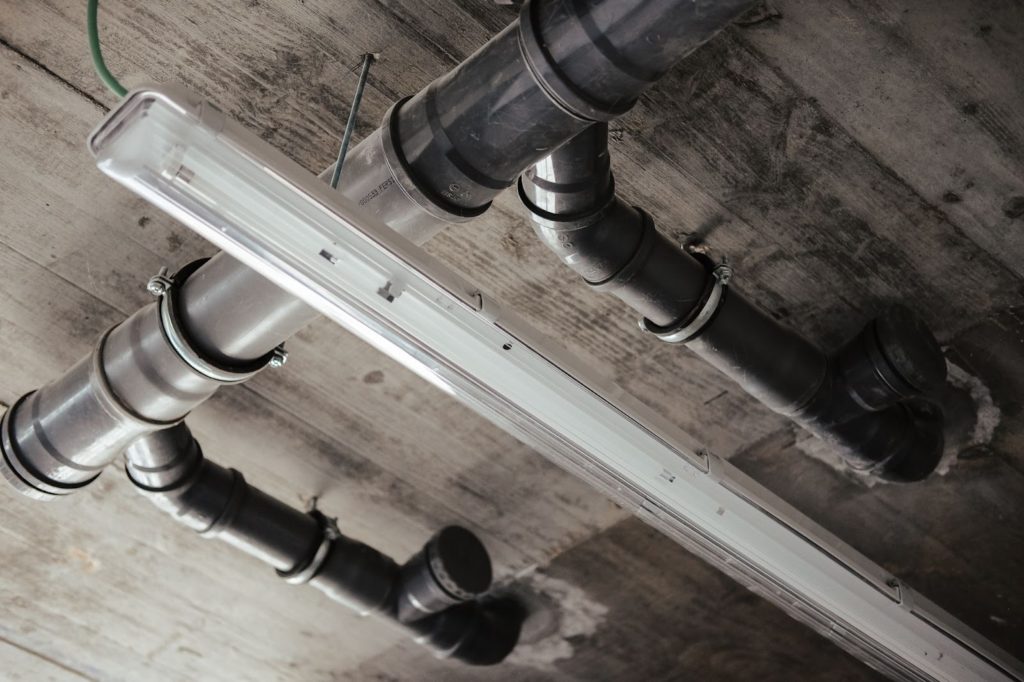In the intricate web of building services, plumbing stands out as a fundamental pillar upon which the entire structure relies. Beyond merely carrying water in and out of a building, plumbing plays a multifaceted role that encompasses functionality, hygiene, and sustainability. At its core, plumbing ensures the efficient distribution of water for various purposes, from drinking to sanitation, thus facilitating the smooth operation of daily activities within a building.
The importance of plumbing becomes glaringly apparent when considering the functionality it brings to a structure. From the intricate network of pipes delivering clean water to every faucet, shower, and appliance, to the drainage systems swiftly removing wastewater, plumbing ensures that buildings remain operational and conducive to human habitation. Whether it’s a residential dwelling, commercial establishment, or industrial facility, functional plumbing is non-negotiable for seamless operations.
Hygiene is another critical aspect where plumbing shines. Properly installed and maintained plumbing systems prevent the stagnation of water, which could otherwise become breeding grounds for harmful bacteria and pathogens. By facilitating the swift removal of wastewater, plumbing mitigates health risks associated with contaminated water, thereby safeguarding the well-being of occupants and visitors alike.
Moreover, plumbing plays a pivotal role in promoting sustainability within built environments. With growing concerns about water scarcity and environmental impact, modern plumbing solutions are designed to optimize water usage, minimize wastage, and incorporate eco-friendly technologies such as water-saving fixtures and greywater recycling systems. By reducing water consumption and conserving resources, plumbing contributes significantly to the overall sustainability goals of a building or infrastructure project.
In addition to functionality, hygiene, and sustainability, plumbing also holds economic significance in building services. Efficient plumbing systems can lead to lower operational costs by reducing water wastage, minimizing the risk of leaks and damages, and enhancing the overall longevity of infrastructure. By investing in quality plumbing installations and maintenance, property owners can realize long-term savings and maximize the return on their investment.
Furthermore, the role of plumbing extends beyond the confines of individual buildings. In urban planning and infrastructure development, considerations for water supply, sewage systems, and drainage networks are paramount for creating livable and resilient cities. Properly designed plumbing infrastructure not only ensures the health and well-being of urban populations but also contributes to the overall functionality and sustainability of urban environments.

In conclusion, plumbing is an indispensable component of building services, offering functionality, hygiene, sustainability, and economic benefits. From ensuring the efficient distribution of water to promoting health and environmental stewardship, plumbing plays a vital role in shaping the built environment. As we continue to strive for smarter, more sustainable infrastructure, the importance of plumbing in building services remains ever-present, underlining its significance in modern construction practices and urban development initiatives.
Check out Ocean Studio 360 Blog today to learn more about the latest web development trends and how they can benefit your online presence and business growth.






